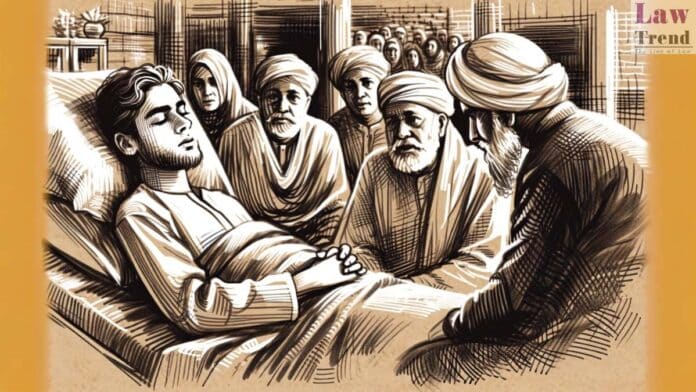In a significant ruling, the Supreme Court of India emphasized the need for caution when basing convictions on oral dying declarations made to close relatives. The judgment was delivered by a bench comprising Justice C.T. Ravikumar and Justice Sudhanshu Dhulia in the case of The State of Madhya Pradesh vs. Ramjan Khan & Ors. (Criminal
To Read More Please Subscribe to VIP Membership for Unlimited Access to All the Articles, Download Available Copies of Judgments/Order, Acess to Central/State Bare Acts, Advertisement Free Content, Access to More than 4000 Legal Drafts( Readymade Editable Formats of Suits, Petitions, Writs, Legal Notices, Divorce Petitions, 138 Notices, Bail Applications etc.) in Hindi and English.




